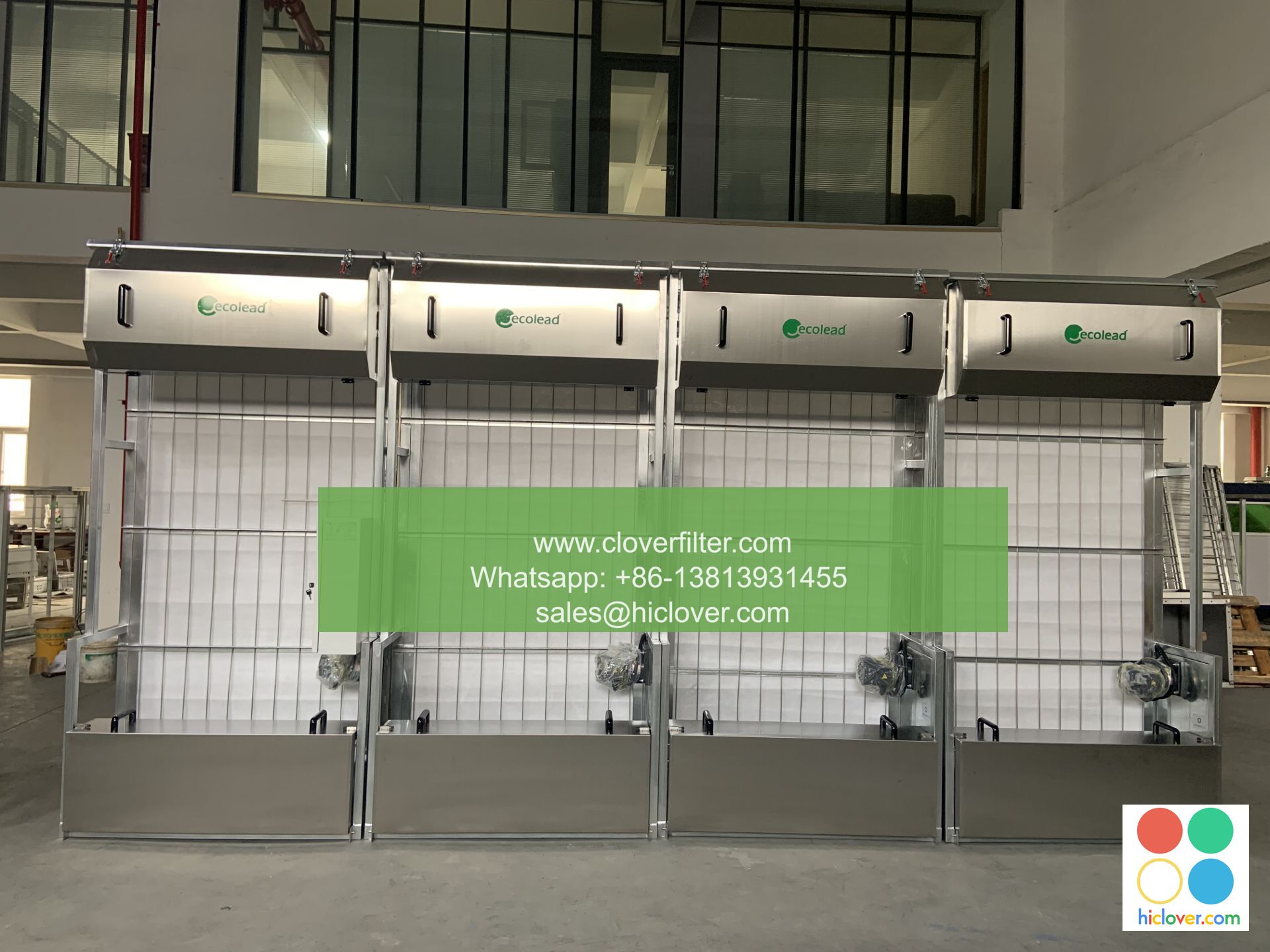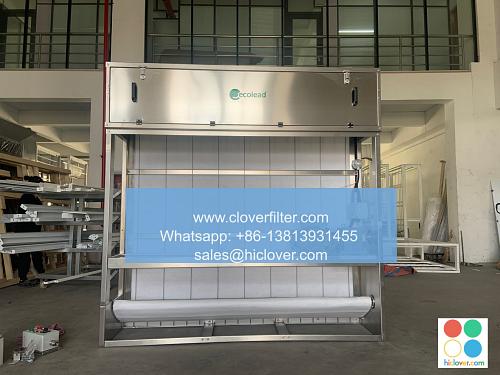A Beginner’s Guide to Air Filter Installation and Maintenance

Air filters are an essential component of any heating, ventilation, and air conditioning (HVAC) system, playing a crucial role in maintaining indoor air quality and ensuring the overall efficiency of the system. In this article, we will provide a comprehensive guide for beginners on air filter installation and maintenance, covering various application areas and highlighting key considerations.
Understanding the Importance of Air Filters
Air filters are designed to capture airborne pollutants, such as dust, dirt, pollen, and other particulate matter, that can compromise indoor air quality and aggravate respiratory issues like asthma and allergies. By installing and maintaining air filters properly, you can help improve air quality, reduce energy consumption, and prolong the lifespan of your HVAC system.
Types of Air Filters
There are various types of air filters available, each with its unique characteristics and application areas. Some of the most common types of air filters include:
* Disposable fiberglass filters: These are the most common type of air filter and are designed for residential use.
* Pleated filters: These filters have a higher MERV rating and are ideal for commercial applications where high air quality is required.
* Electrostatic filters: These filters use electrostatic charges to attract and trap airborne pollutants and are suitable for industrial applications.
* Activated carbon filters: These filters are designed to capture gases and odors and are often used in commercial kitchens and industrial settings.
Installation and Maintenance Tips
To ensure proper air filter installation and maintenance, follow these tips:
* Always turn off the power to the HVAC system before installing or replacing an air filter.
* Use the correct filter size and type for your specific HVAC system.
* Check and replace air filters regularly, ideally every 1-3 months, depending on usage and air quality.
* Inspect and clean air filters regularly to ensure optimal performance.
* Consider upgrading to a higher MERV-rated filter for improved air quality and energy efficiency.
Application Areas
Air filters have a wide range of application areas, including:
* Residential homes: Air filters are essential for maintaining indoor air quality and ensuring the overall health and comfort of occupants.
* Commercial buildings: Air filters play a critical role in maintaining indoor air quality and comfort levels in offices, schools, and other commercial settings.
* Industrial settings: Air filters are used to capture hazardous materials and airborne pollutants in industrial settings, such as manufacturing facilities and clean rooms.
* Healthcare facilities: Air filters are critical in maintaining sterile environments and preventing the spread of infections in healthcare facilities.
Conclusion
In conclusion, air filter installation and maintenance are crucial for maintaining indoor air quality, ensuring the overall efficiency of your HVAC system, and promoting health and comfort. By understanding the different types of air filters, following proper installation and maintenance tips, and considering various application areas, you can make informed decisions about your air filter needs and ensure a healthy and comfortable indoor environment. Remember to always prioritize indoor air quality and take the necessary steps to maintain your air filters and HVAC system for optimal performance and energy efficiency. It seems like you forgot to include the actual prompt. Could you please provide more details or clarify what you would like to know or discuss? I’m here to help with any questions or topics you have in mind.

